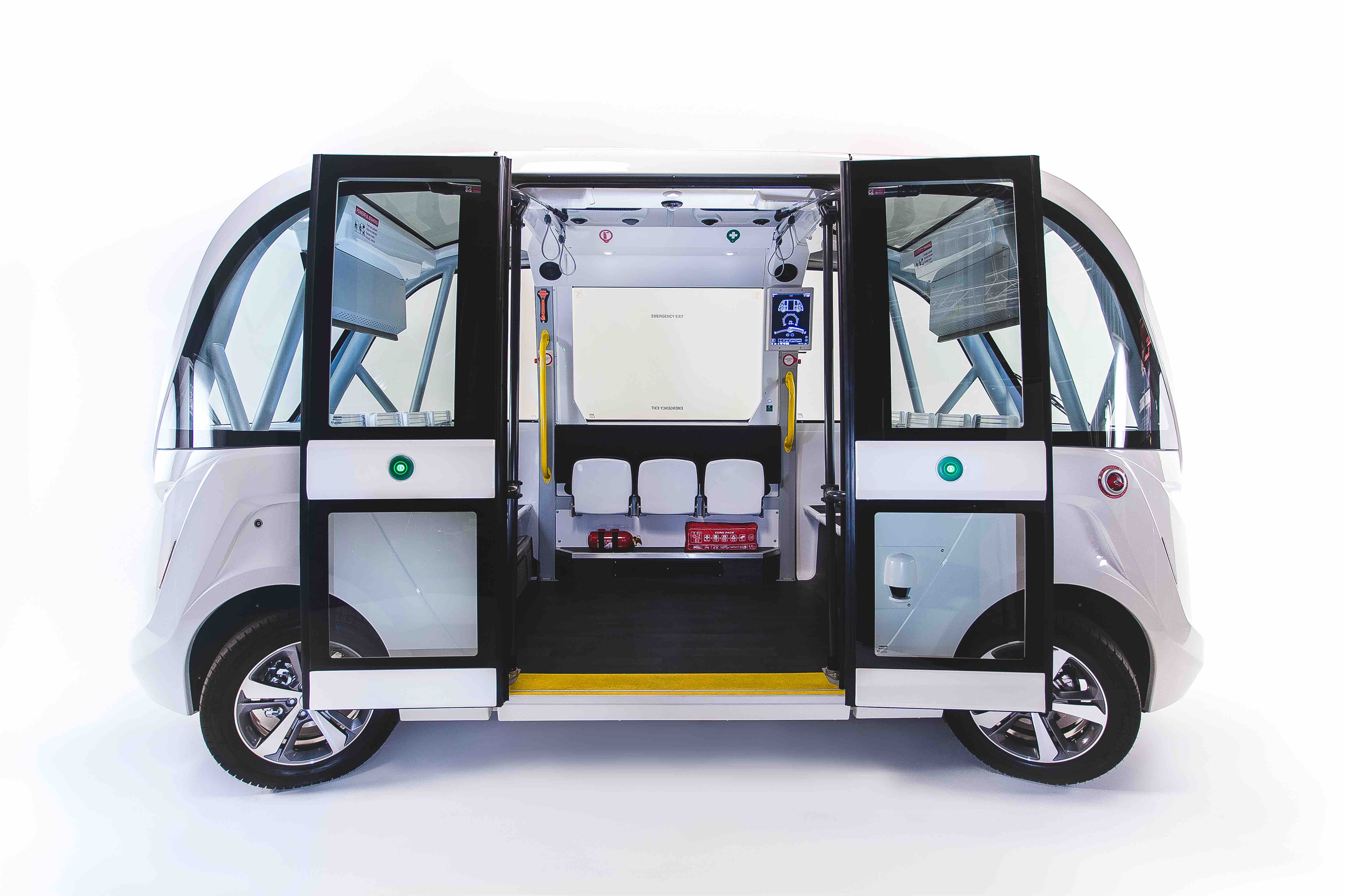 Insurance company, Aviva plc and research and development company, Darwin Innovation Group are entering a five-year strategic partnership, beginning with collaboration on an autonomous vehicle trial.
Insurance company, Aviva plc and research and development company, Darwin Innovation Group are entering a five-year strategic partnership, beginning with collaboration on an autonomous vehicle trial.
Darwin is trialling an autonomous shuttle at the Harwell Science and Innovation Campus in Oxfordshire.
Created by Navya, the vehicle, controlled by 5G and satellite connectivity, will be able to pick passengers up, transport them around the campus and drop them off at their destination, all without the involvement of a human driver. A second shuttle is expected to be added in the second year of operation.
The electric shuttles will operate 24/7, which will allow the capture of data in different light and weather conditions and will transmit this data via 5G and satellite channels. The vehicles will also have a high level of automation – level 4 autonomy, according to SAE International’s levels of driving automation.
Darwin has carefully mapped out the campus and provided the shuttles with all the information they will need to navigate the area. The shuttles will be able to communicate with each other, and will be well equipped with sensors, so they can navigate without obstructing each other and can react to any unexpected obstacles.
Autonomous vehicles offer the potential to dramatically improve road safety and revolutionise the UK’s mobility system.
However, as the technology within vehicles evolves and we draw closer to having fully autonomous vehicles on our roads, there will be new risks and vehicle uses that insurers will have to assess when underwriting these vehicles.
Being involved in the testing and development phases of this trial means Aviva is well placed to react to the increasing automation of vehicles on UK roads. The trial will showcase the application of connected autonomous vehicles and allow Aviva to build its first comprehensive insurance model for this type of vehicle, which will evolve as the trial progresses.
“With this trial, we’re able to be there right from the start of the real-life application of autonomous vehicles operating on public roads, which will change not only our relationship with these vehicles but, more fundamentally, how we insure them,” said Chief Operating Officer at Aviva, Nick Amin.
“Autonomous vehicles could change the face of motor insurance within a decade. Through having access to the data from this trial, we can understand today the kinds of things we’ll have to consider in the future to keep passengers, pedestrians and all other road users safe when driverless technology hits public roads.”
















